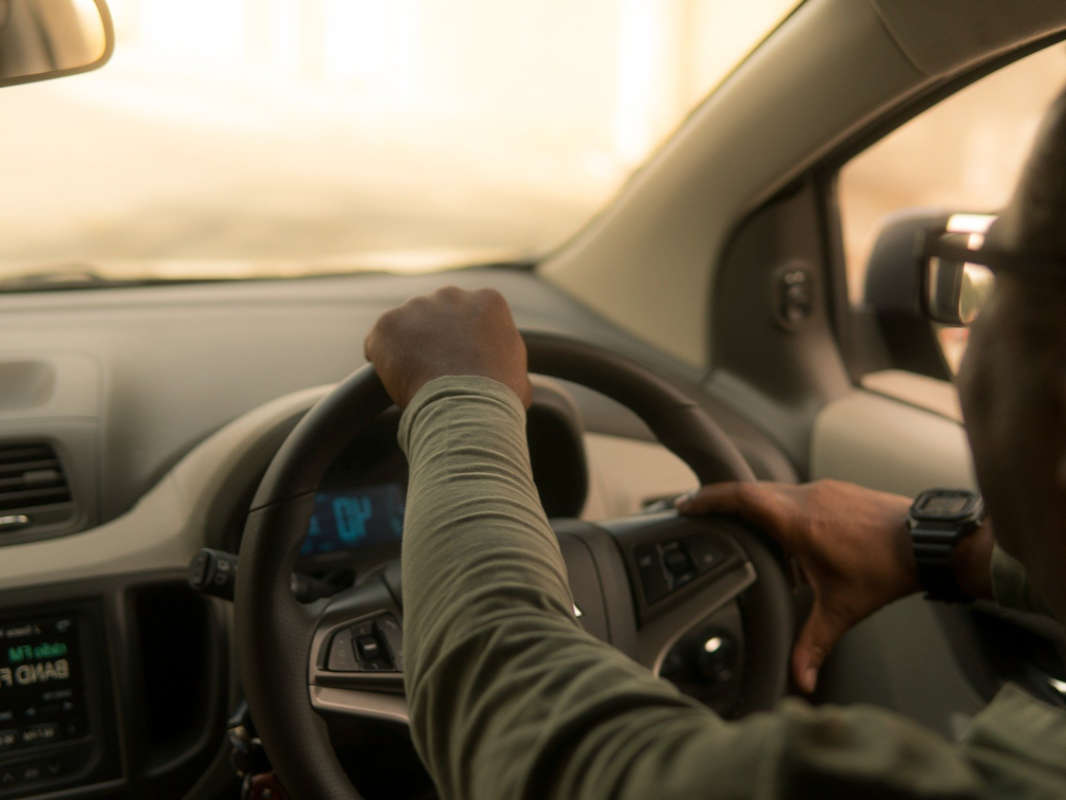
New taxis in Eastbourne will no longer be required to be wheelchair accessible, as part of an effort to encourage more drivers to enter the trade.
On Tuesday (December 5), Eastbourne Borough Council’s licensing committee agreed a number of changes to the authority’s licensing guidelines for taxi operators.
These changes, which went out to public consultation earlier this year, included the removal of a requirement for any new Hackney Carriages to be Wheelchair Accessible Vehicles (WAVs).
Removing this requirement had seen opposition from Mark Simmons, of the Eastbourne Access Group. Mr Simmons said:
“The proposed reversal of a promise, that all new Hackney Carriages would be wheelchair-accessible, is not only unlawful under the Equalities Act but also unfair on those who rely on such vehicles to travel around the town.
“We are not just talking about residents, but also tourists. As a resort that relies on the revenue that tourists bring, why do we want to make it so difficult, if not impossible, for around 20 per cent of the population — those who have some form of disability — to use taxis.
“If Eastbourne truly aspires to be a disabled-friendly and accessible place to live, work, play and visit we need to make sure there is provision and accessibility for everyone who needs and wants to use a taxi.”
While committee members expressed sympathy with this view, they ultimately opted to remove the requirement both because the relatively high cost of wheelchair-accessible vehicles has been seen as ‘a barrier’ to new drivers entering the trade and because of concerns that such vehicles may not be suitable for all disabled passengers.
Cllr Colin Belsey (Con) said:
“I was all for the WAVs originally, but what has happened with Covid and all the other things that have happened in between … [then] and now, is that we have lost so many drivers and so many cars.
“One of the reasons is … that the cost of purchasing these vehicles for the disabled is immense. You can’t go out and buy a secondhand transit and convert it; it’s not that easy. You have to buy something that is actually there and ready and operational.”
Cllr Belsey went on to say that he would prefer to see the council offer some form of incentive for drivers to use wheelchair-accessible vehicles, rather than make such a vehicle mandatory. He said this could take the form of a discount in licensing fees, or something similar.
The committee supported this view, with their resolution calling on the council to both incentivise drivers to use WAVs and to work with local groups to encourage their use.
The committee also agreed to a number of other changes, including a new requirement for drivers to sign up to the Disclosure and Barring Service (DBS) update service when renewing their licences.
Councillors also agreed to allow drivers to make audio recordings in their taxis, albeit in ‘limited circumstances’. This change is intended to reflect how in-vehicle CCTV (many with audio recording capabilities) recently became a mandatory requirement for all Private Hire and Hackney Carriage vehicles.
Other changes include a reworded penalty point scheme and the introduction of a Customer and Driver Charter.


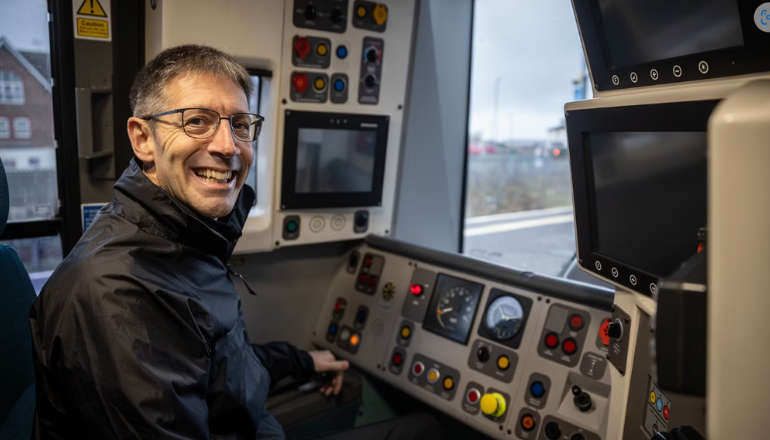 Meet The Southern Train Driver Magistrate Delivering Justice In Sussex
Meet The Southern Train Driver Magistrate Delivering Justice In Sussex
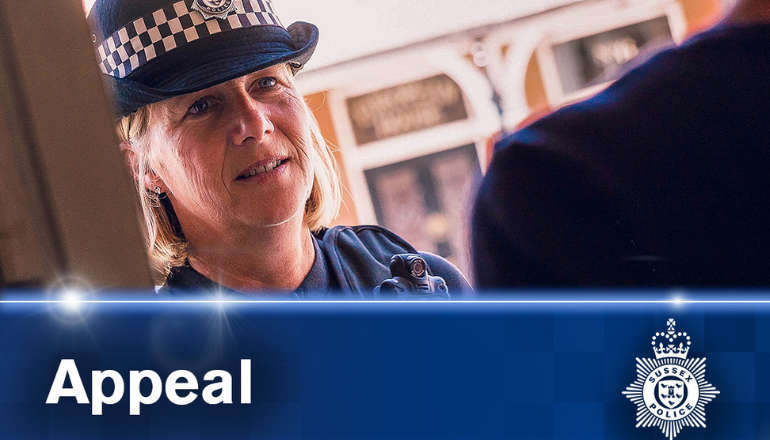 Witnesses Sought Following House Fire In Eastbourne
Witnesses Sought Following House Fire In Eastbourne
 University Of Brighton Recognised As Top Sports Education Provider
University Of Brighton Recognised As Top Sports Education Provider
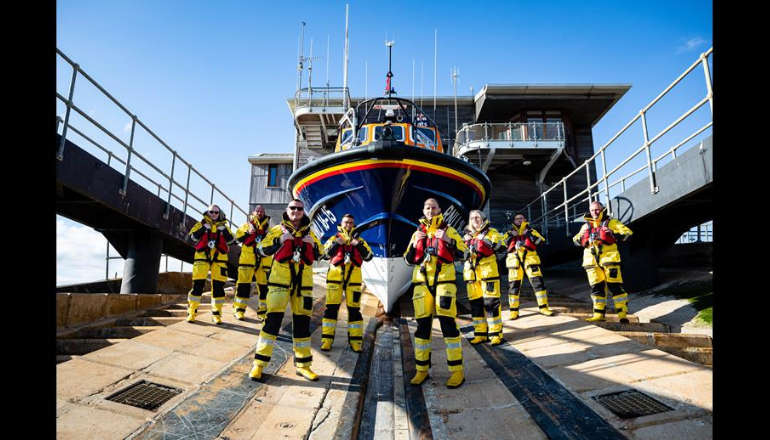 Shoreham Harbour RNLI Opens Recruitment For Boat Crew Volunteers
Shoreham Harbour RNLI Opens Recruitment For Boat Crew Volunteers
 Eastbourne man admits stalking woman in Hailsham
Eastbourne man admits stalking woman in Hailsham
 CCTV Appeal After Luggage Stolen From Gatwick
CCTV Appeal After Luggage Stolen From Gatwick
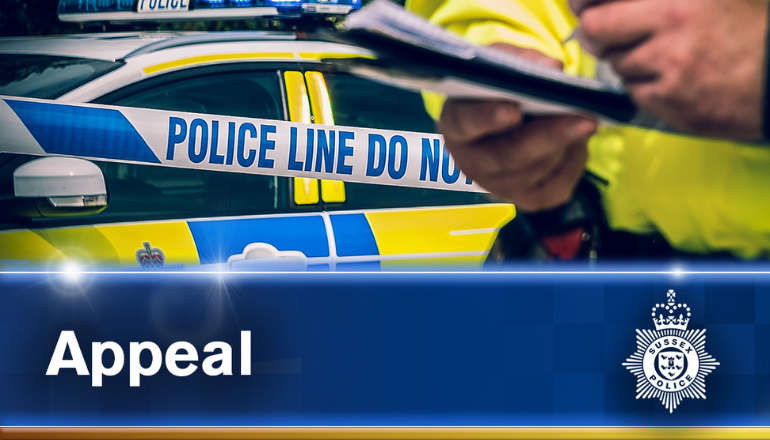 Appeal After Boy Seriously Injured In Firle Collision
Appeal After Boy Seriously Injured In Firle Collision
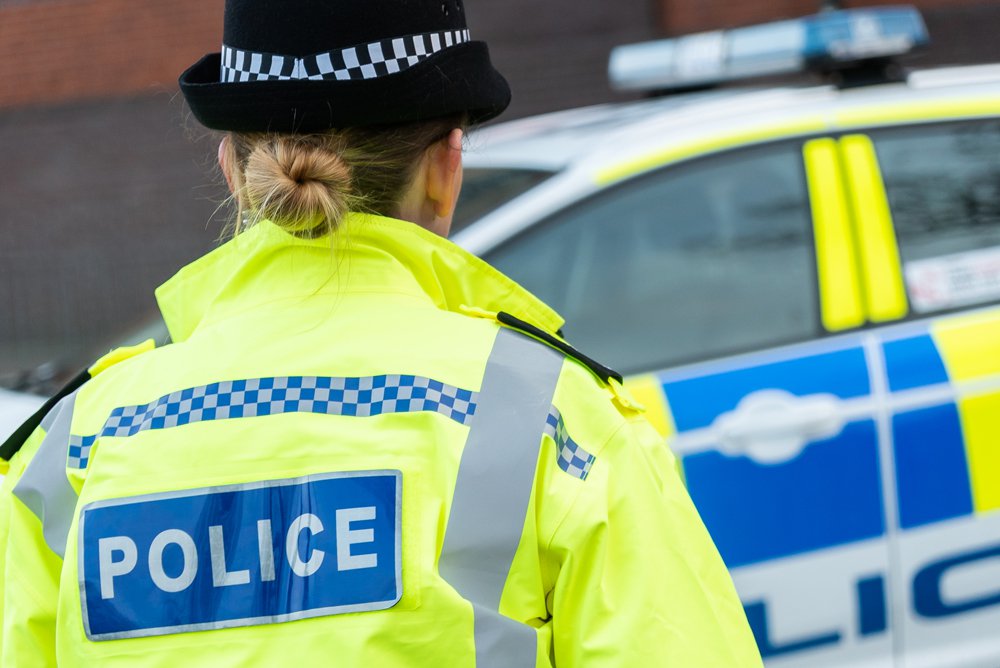 Boy Charged After Knife Incident On Brighton Bus
Boy Charged After Knife Incident On Brighton Bus
 Play Area Refurbishment In Chichester Moves A Step Forward
Play Area Refurbishment In Chichester Moves A Step Forward
 Captivating Water Projection And Light Show To Be Held At Arundel Lido
Captivating Water Projection And Light Show To Be Held At Arundel Lido